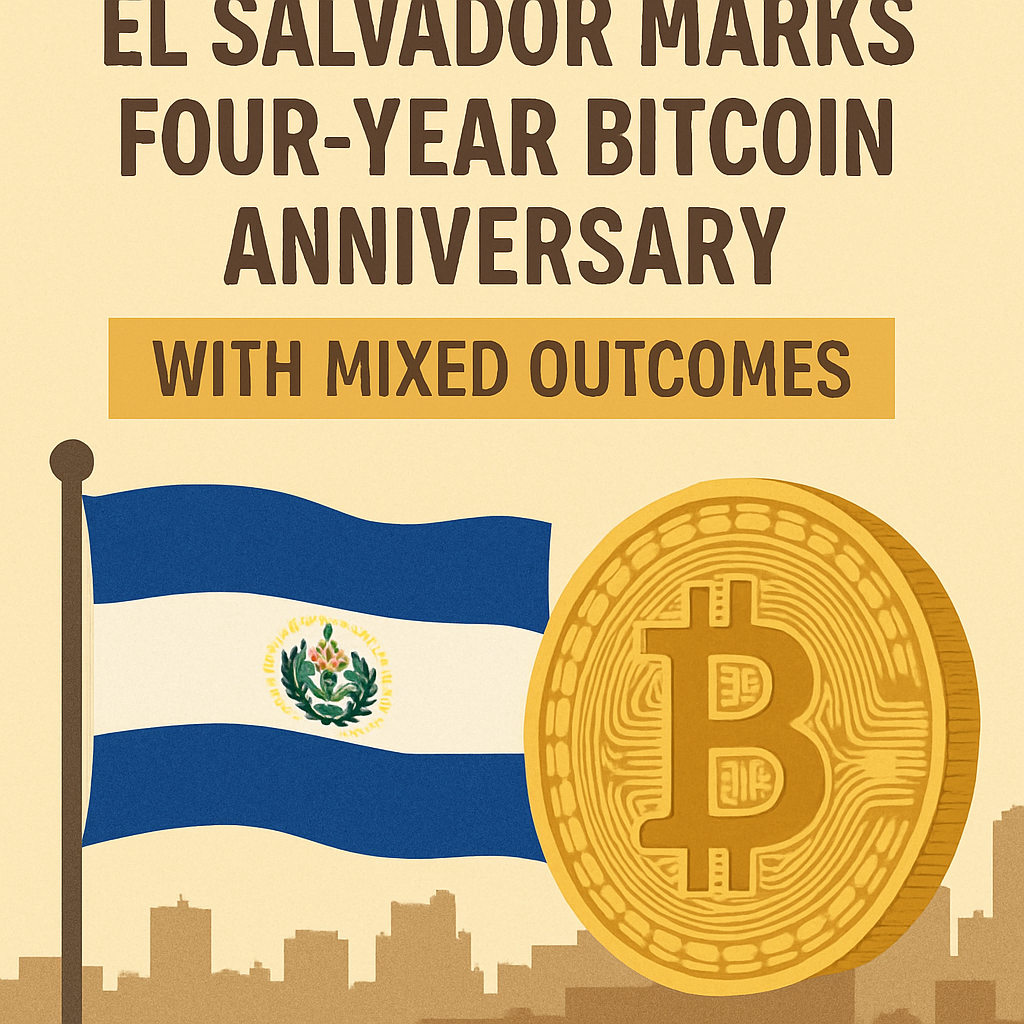September 2025 marks four years since El Salvador enacted the world’s first Bitcoin legal tender law. Government records indicate that the national Bitcoin Office now holds a strategic reserve of 6,313 BTC, valued at over $702 million at current market rates. This reserve underpins policy initiatives aimed at integrating digital currency into public finance structures while showcasing sovereign engagement with decentralized assets.
Alongside reserve accumulation, education and certification efforts have proliferated. Reports cite that more than 80,000 public sector employees have completed Bitcoin certification programs by mid-2025. Curriculum modules reportedly cover Bitcoin protocol fundamentals, wallet security measures and integration of blockchain-based payment systems. Outreach activities include partnerships with academic institutions and community workshops, with content developed in collaboration with fintech experts and international development agencies focused on digital inclusion.
Despite these advances, recent financial agreements with the International Monetary Fund introduced policy reversals. In January 2025, the Salvadoran legislature repealed the Bitcoin legal tender provision and agreed to suspend further public fund purchases of Bitcoin as part of a $1.4 billion assistance package. The measure also scaled back support for the state-backed Chivo wallet, which had experienced limited uptake among private citizens. IMF documents published in July confirmed that the country’s BTC balance remained unchanged since late 2024, sending shockwaves through the Bitcoin community.
Critics argue that the initial phase of the experiment disproportionately benefited government agencies and international investors rather than average Salvadoran residents. Observers note uneven access to digital infrastructure and persistent skepticism among segments of the population. Calls for expanded educational outreach emphasize the need for grassroots engagement and user-centric design of public digital payment systems. Proponents maintain that sustained institutional reserves and regulatory clarity will attract foreign direct investment and diversify national reserves, laying groundwork for a future-proofed financial framework that balances innovation with fiscal stability.
Looking ahead, policy analysts suggest that a phased reintroduction of Bitcoin-related measures could hinge on demonstrable improvements in financial inclusion metrics and transparent governance protocols. Potential areas of focus include revamped e-government payment platforms, incentivized microtransaction deployments and cross-border remittance channels that leverage blockchain efficiency. The debate continues over the model’s replicability and long-term impact, with El Salvador’s four-year milestone serving as a case study in nation-state cryptocurrency adoption under evolving economic circumstances.
.
Comments (0)